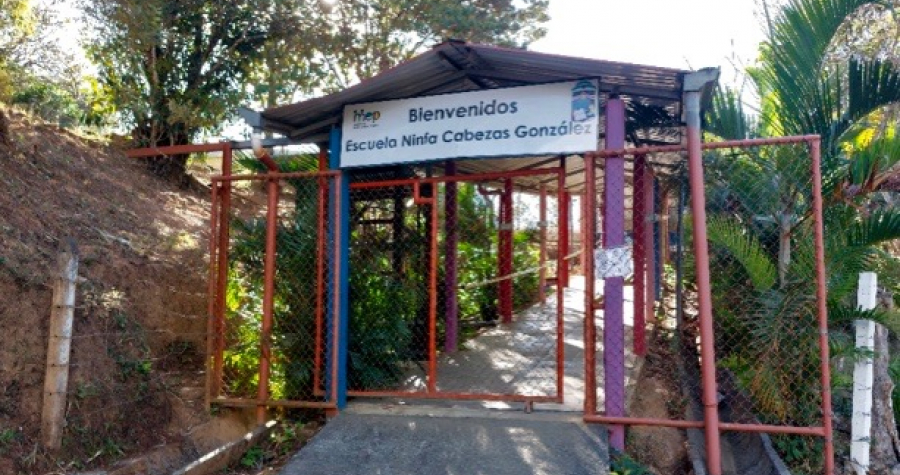836-C3-315 Quizarco: Educational practices contextualized in the application of intercultural education policy on the Huetar Culture of MEP, in schools located in indigenous communities of Quitirrisí of Mora and Zapatón of Puriscal

Objetivo:
Descripción:
This applied research project, looks to recognize the educational practices contextualized in the application of intercultural education policy on the Huetar Culture of MEP, in schools located in indigenous communities of Quitirrisí of Mora and Zapatón of Puriscal. This research emerges due to the rapprochement that has been had with leaders of indigenous communities in Q!uitirrisí and Master Roxinia Agüero, social studies regional advisor and part of the Puriscal Regional Education Bureau’s intercultural committee, who express that the Huetar Culture’s intercultural education policy and proposal are designed in a general manner at a national level; it is imperative to create a didactic proposal contextualized to the reality and lifestyle of the culture in each indigenous territory, specially from the Quitirrisí and Zapatón territories. This way, it is possible to visualize identity traits, customs, and traditions, not as historic or past elements, rather continuous, in a way, present in the inhabitants of these communities. Furthermore, a research project made by Ornat (2004) on Huetar Culture traditions in the Quitirrisí community, puts into evidence the surge of a phenomenon they call “etnogénesis” (ethnogenesis), which is a product of external political, social and economic pressure, that demand its population to recover this indigenous culture, but some inhabitants of this community practices it with certain “innovations” or “assimilations” from other indigenous cultures. Because of this, this researcher recommends the implementation of critical analysis of how this originary cultural inheritage is rescued and transmitted, mainly with the young population.
In view of the complex reality of the recovery of the Huetar culture identity, the following proposal is presented, which aims to apply two research subprocesses. From one side, a quantitative and qualitative research of the educational practices in the application of the intercultural education policy on the Huetar Culture, in schools in indigenous communities of Quitirrisí and Zapatón; and from the other side, it is proposed to apply a qualitative study of ethnographic methodology on Huetar Culture identity traits in the indigenous communities of Quitirrisí and Zapatón, identity that their leaders and communities look to recover with the infant population on schools from both communities. With the findings of both studies, it is planed to make a critical analysis on the application of the intercultural education of the Huetar Culture in the educational centers of indigenous communities, that are free of situations like the ethnogenesis, to then elaborate contextualized didactic proposals that guide the application of the intercultural education policy on this indigenous culture in Early Education, I and II Period of Primary Education in the education centers of MEP’s Regional Bureau in Puriscal.
Datos sobresalientes:
Ganador del Fondo de Estímulo para la Investigación, Vicerrectoría de Investigación, Universidad de Costa Rica, 2023-2026.
Vigencia:


